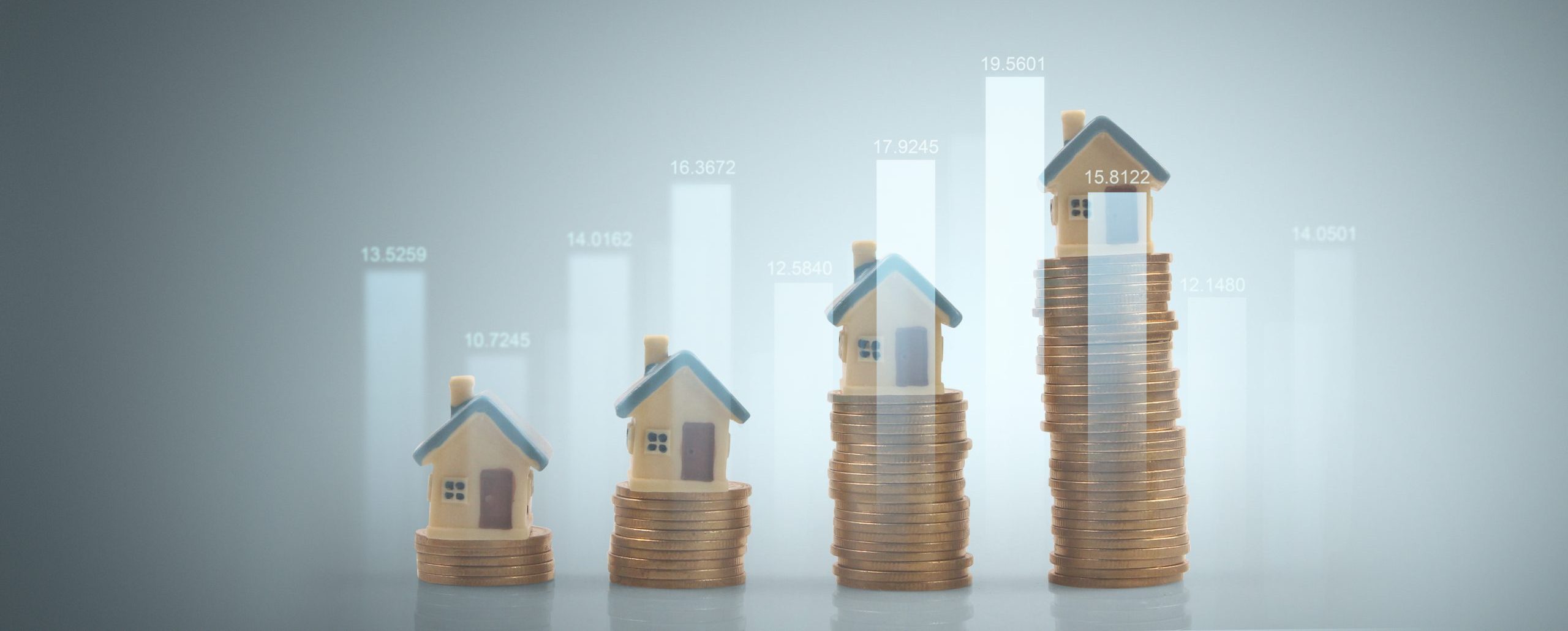Location is a crucial factor in real estate. The location of a house is often one of the most significant determinants of its price.
Understanding how location affects property values can help buyers and sellers make informed decisions. In the following section, we’ll explore how the location of a house impacts its selling price.
Proximity to Amenities
One of the main factors that influence home prices is the proximity to amenities. Homes located near essential services and facilities often command higher prices. This includes proximity to:
- Schools: This area has good schools, making it a prime attraction for families. Hence, the demand side drives the price increase.
- Health Facilities: The proximity of hospitals and clinics is, in most instances, very crucial to homebuyers, particularly if the family has a person with medical necessities or elderly members.
- Amenities: The access to shopping centers, restaurants, and places of entertainment offers beauty to the neighborhood and increases property value.
- Parks and recreation: Homes with parks, trails, and recreation facilities nearby are decidedly more desirable, and the lifestyle value they offer will cause their prices to appreciate more in good times and lower more slowly during challenging times.
Neighborhood Safety
Safety is one of the main reasons that attract homebuyers to a particular location. Therefore, safety plays a critical role in determining house prices. Houses in safe areas with low crime rates typically hold higher value than houses with similar features in less desirable areas of town. Measures such as community policing, watch groups, and proper street lighting can significantly improve neighborhood safety.
Economic Conditions
Real estate prices depend significantly on an area’s economic health. Regions with solid employment markets and high incomes generally have better financial stability and command higher average home prices. Places with more job opportunities and good economic conditions attract more people, increasing demand and boosting prices.
Accessibility and Commute Times
The convenience of transportation and commute time to major employment centers can influence property values. Areas with easy access to public transportation, proximity to major highways, and shorter commute times are more desirable to buyers, resulting in higher property values. Conversely, homes in geographically isolated areas or locations with poor transportation infrastructure tend to have lower prices due to the inconvenience.
Environmental Factors
The natural environment and ecology of an area can also impact property prices. Properties with scenic views, such as waterfront, oceanfront, or mountain views, are usually priced at a premium. Additionally, areas with good air quality, low pollution, and favorable climate conditions tend to have higher property values.
Future Development Plans
Future development potential can impact the price of a house. This can include areas with plans for infrastructure improvement, new commercial developments, or upcoming public amenities. Potential home buyers are often drawn to neighborhoods with growth potential, assuming the value will increase once these developments materialize.
Market Trends
Real estate markets are constantly changing, and local trends can lead to fluctuations in house prices. For instance, if an area experiences an increase in population, economic growth, or higher demand, it could lead to a housing boom and an appreciation in property values. Conversely, areas undergoing an economic downturn, declining population, or high foreclosure rates may experience a decrease in house prices.
Zoning Laws and Regulations
Local zoning laws and regulations also impact property value. In areas that are strictly zoned, including the type and density of structures that may be built, there might be higher housing prices because of the low housing supply. On the contrary, property values in areas with eased-up zoning regulations allowing for high-density or mixed-use development are likely to be varied.
Cultural and Social Factors
Cultural and social aspects, such as the neighborhood’s reputation, the presence of cultural institutions, and the overall community vibe, can impact home prices. Areas known for their vibrant communities, cultural diversity, and active social scenes often attract buyers willing to pay a premium for the lifestyle these neighborhoods offer.
Conclusion
So many multidimensional factors considerably affect a house’s price: access to services, safety in the area where one resides, economic factors, transportation and environmental considerations, plans for expansion, market conditions, zoning laws, and cultural aspects. Information on these elements helps sellers and buyers better negotiate in this market.
Learn more at Northwest Realty Group; we are a brokerage firm that prides itself on customer service and ensures a great real estate experience.






